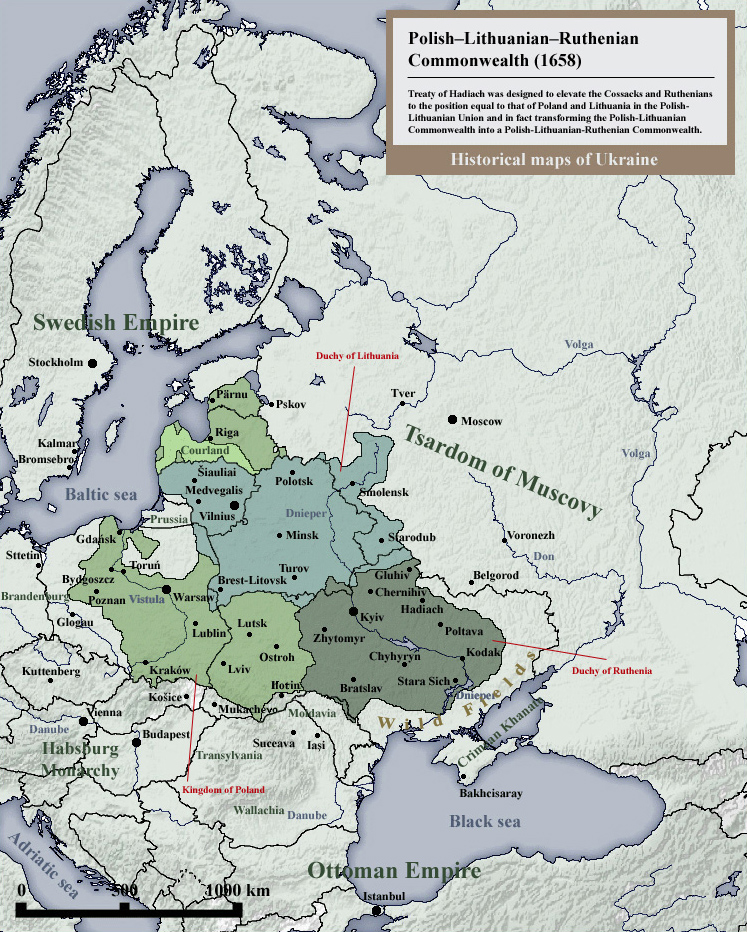So, basically, a Frankensteinian mishmash of public-private arrangements and regulatory, subsidy-heavy bloat that buoys the big banks and super rich, which is true to the larger status quo in America today?
That's the basic nature of modernity from a financial-economic perspective. You can see the antecedents right from the start, with frauds like Jacques Necker in France, and advocates for public debt and banking power like Alexander Hamilton in the Anglophone world. (And those are just some notable examples.)
In any case, I'm wondering what you think that means for future bubbles, though I suppose that's best reserved for a continuation of our pre-existing private conversations.
Simply put: things will get worse. Modern public finance is a big soap bubble. Every crash is a possibility for it to pop, and -- my analogy is kind of crude, I admit -- the government responds by preventing it by
pumping more air into the bubble.
Tax more, borrow more, print more. That's the policy. It cannot possibly end well. Every time this strategy is employed to stave off the final 'pop' where the bubble bursts completely... every damn time... it pushes the calamity further into the future but also
makes it worse.
The final consequence looks like the Weimar Republic on a global scale. We're already a good way there.
The result of
that looks a lot like what came
after the Weimar Republic.
Also on a global scale.
Wasn't a part of the 2008 housing crisis also having to do with lending standards being relaxed for minorities in order to increase minority home ownership? Steve Sailer wrote about how this was done as a part of the George W. Bush's administration's attempts to appeal more to minorities.
Its literally the one and only cause of it. Banks were forced to give loans to people who can't pay the loans, and then the people didn't pay the loans, and because it is housign it is very hard to collect collateral on the loans, so the bankes ended up missing enormous amounts of money.
Carter's legislation forcing banks to extend mortgages to poor people who couldn't realistically pay them back takes a far greater share of the blame. Later Clinton-era and Bush-era additions along that theme are just margin notes, really. It's also not true that this was the
only problem. That tends to be the conservative claim, much as "
It was Reagan's deregulation of the banks!" is the progressive claim. Neither claim is actually false. Let me sketch out the key factors here:
-- We'll leave aside the fundamental rot of the entire modern financial/monetary/economic system, and thus by-pass the Federal Reserve and its various horrible actions. Instead, we'll zoom in a bit more, and focus on the Banking Act of 1933, more commonly known as the "Glass-Steagall Act". Progressive tout this as if it was a sacrosanct piece of miracle work. That's bullshit. It was the cause of all the problems. It was also
partially visionary. Its banking regulation was actually pretty damn good, and although libertarians dislike it, on principle I can't really fault the practicality. I've known too many bankers to cry when they get slapped with regulation, the bastards.
The problem is that Glass-Steagall also introduced
a federal system of bank deposit insurance. Which means that if banks go under, the government (meaning the public) is on the hook for all the losses.
-- Much later, Carter comes along, and decides that it's "social" if people can just get mortgages, even if they can't realistically pay them. He champions legislation that compels banks to dramatically lower their standards. This leads to a lot of rotten mortgages building up, just
waiting for a big economic downturn, at which point all those poor up-to-the-gills-in-debt people default
en masse, and it becomes a foreclosure bonanza.
-- Not much later, Reagan kills a good chunk of he Glass-Steagall regulations, allowing banks to combine savings and investments, which leads to really inventive constructions for mortgages... which are
way too unsafe to be financially responsible.
-- Another bit later, Clinton kills the rest of the banking regulations, because he's a third way post-ideological progressive (whatever that means), so it's somehow perfectly possible to combine "being socially engaged" with "catering to the whims of the big banks". (I think "it's the economy, stupid" must have referred to what he intended to
ruin.) Anyway, everything that became possible thanks to Reagan became even worse. Much worse. Subprimes, baby!
-- Then, Bush actually expanded a bit on Carter's "let poor people have houses" idea, partially to show that he cared ("compassionate conservatism" or whatever) and partially because it's a neo-con idée-fixe that everyone must own a home (much as it is a progressive idée-fixe that everyone must go to college, and equally ludicrous).
-- This all came together in the perfect storm, and you know how that ended. It became disastrous because the mortgages were rotten, the banks threatened to topple, and the federal system of bank deposit insurance meant that the treasury was
on the hook for all of it. Which is why the bullshit myth "too big to fail" was born.
These were the causes of the crisis. Thank you for coming to my TED talk, I will take no questions.








